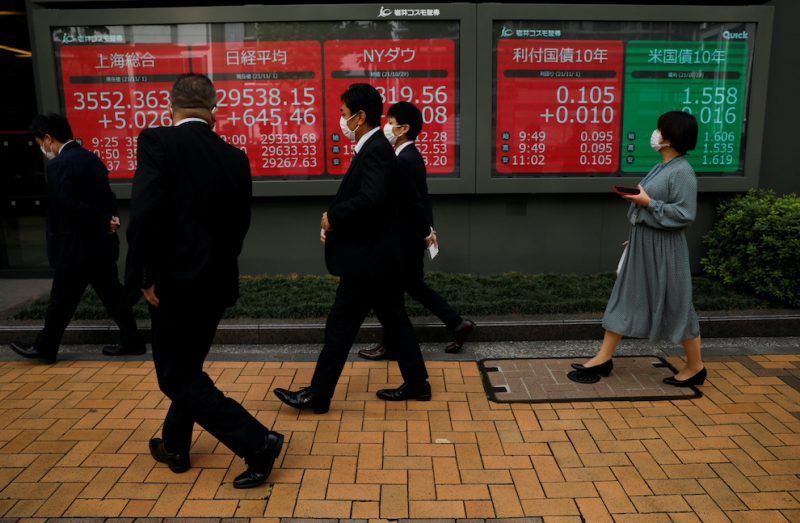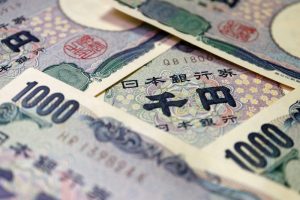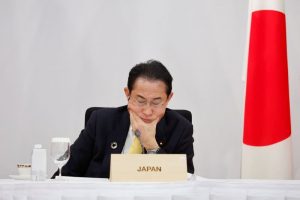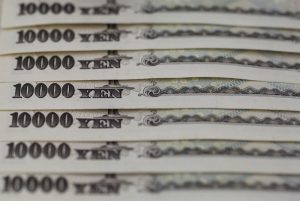With Japan little affected by inflation, the central bank of the world’s third-largest economy plans to maintain its ultra-loose monetary policy.
Haruhiko Kuroda, governor of the Bank of Japan, said the country’s 15-year experience with deflation is keeping wage growth subdued.
Japan’s core consumer inflation hit 2.1% for two straight months in May, but the increase was due almost entirely to soaring energy prices, Kuroda was quoted as saying in a video recording of a seminar released on Wednesday.
While core consumer inflation may stay at about 2% for about a year, it is likely to slow to 1% in the next fiscal year beginning in April 2023, he said.
“Unlike other economies, the Japanese economy has not been much affected by the global inflationary trend, so monetary policy will continue to be accommodative,” he said, according to the recording released by the Bank for International Settlements (BIS).
In the aftermath of Japan’s 15-year deflation that lasted through to 2013, the country’s firms have become “very cautious” in raising prices and wages, Kuroda said in the seminar held in Basel on Sunday.
“The economy recovered and companies recorded high profits. The labour market became quite tight. But wages didn’t increase much and prices didn’t increase much,” he said.
Soaring global commodity prices and a weak yen, which inflates the cost of importing raw material, have pushed Japan’s core consumer inflation above the BOJ’s 2% target.
- Reuters, with additional editing by George Russell
READ MORE:
South Korea’s LGES Says Inflation Puts US Battery Plant in Doubt
Inflation Fears Ease on Falling Prices of Copper, Commodities
India Warns High Inflation Will Persist Through This Year
























